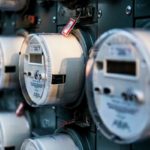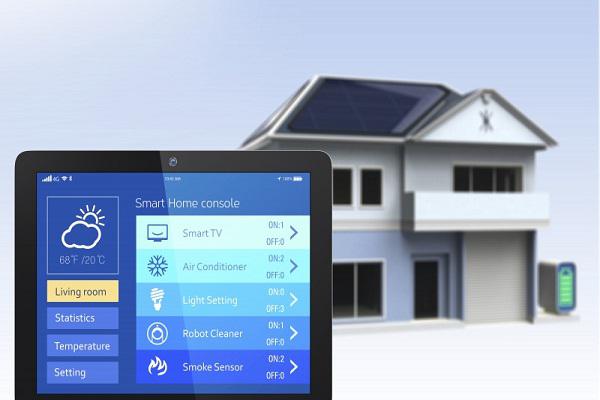Imminent NC Utilities Commission decision could increase home-energy costs – Carolina Journal
Energy Disrupter

This winter, North Carolina residents are paying more to heat their homes, and an upcoming decision by the N.C. Utilities Commission (NCUC) could add to the pain.
The NCUC is expected to release its Carbon Plan by the end of December, as required by H.B. 951, and which of the options they choose could affect consumer prices. House Bill 951 was bipartisan energy legislation that set the parameters the NCUC must satisfy to work toward carbon reduction targets.
“H.B. 951 required a least-cost policy guardrail, which constrains the NCUC’s options,” said André Béliveau, government affairs manager for the John Locke Foundation. “Time will tell how much ratepayers will be impacted by the NCUC’s decision, whether they follow the letter of the law or not.”
Duke Energy has proposed a few options for the NCUC to consider, and one can view discussion of these four proposals from the John Locke Foundation’s Jon Sanders here: Portfolio 1, Portfolio 2, Portfolio 3, and Portfolio 4.
If the NCUC chooses any of Duke Energy’s proposals, consumers will see a substantial increase in their energy bills.
“Households could pay $400-500 a year more for the same amount of electricity they were already getting, and the increases in commercial and industrial bills would be much higher,” writes Jon Sanders, director of the Center for Food, Power, and Life at the John Locke Foundation.
This policy-induced cost increase would come in addition to the cost increase that inflationary forces have already created.
Regardless of what happens with energy policy at the state, federal, or international level, here are a few ways North Carolina residents can save on their home-energy bill this winter:
- Lowering the thermostat: Setting the thermostat to a lower temperature can help reduce energy costs, as the heating system won’t have to work as hard to maintain a comfortable temperature.
- Insulating homes: Proper insulation can help to keep heat in during the winter and out during the summer, reducing the amount of energy needed to maintain a comfortable temperature.
- Upgrading to energy-efficient appliances: Replacing old appliances with newer, more energy-efficient models can help to reduce energy consumption and save money on energy bills.\
- Sealing air leaks: Check for and seal any air leaks around doors, windows, and other openings in the home to keep heat in and reduce the amount of energy needed to heat the home.
- Using energy-efficient lighting: Switching to LED bulbs or other energy-efficient lighting options can help to reduce energy consumption and save money on energy bills.
The average cost to heat a household in the U.S. in general is expected to increase by 17.2%, according to a forecast from the National Energy Assistance Directors Association (NEADA). The group expects U.S. consumers to pay an average of $1,202 to heat their homes, up from $1,025 last winter. This would be a 10-year high.
According to the Bureau of Labor Statistics, energy prices in the U.S. have risen 13.1% over the last 12 months. Electricity costs also rose 13.7% during the same period. Natural gas is up 66%, and heating oil is up 75% since 2020.
The Biden Administration’s stricter regulations and the Russia-Ukraine war have decreased the available supply of oil and natural gas available to the United States. According to the Heritage Foundation, the following federal policies have hurt American production:
· The Biden Administration has not held a single oil and gas lease sale on federal lands.
· The Department of Interior has increased lease sale fees by 50% and decreased available drilling acreage by 80%.
· Under President Biden, timelines for approval on drilling permits have lengthened substantially compared to the previous administration.
According to the World Economic Forum, Russia has cut 80% of gas flows to the European Union between May and October 2022, leading to increased demand from other sources and contributing to higher prices.















